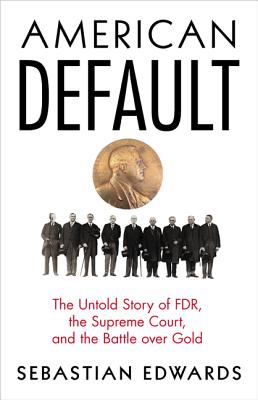Expedite your nonfiction book discovery process with Readara interviews, summaries and recommendations, Broaden your knowledge and gain insights from leading experts and scholars
In-depth, hour-long interviews with notable nonfiction authors, Gain new perspectives and ideas from the writer’s expertise and research, Valuable resource for readers and researchers
Optimize your book discovery process, Four-to eight-page summaries prepared by subject matter experts, Quickly review the book’s central messages and range of content
Books are handpicked covering a wide range of important categories and topics, Selected authors are subject experts, field professionals, or distinguished academics
Our editorial team includes books offering insights, unique views and researched-narratives in categories, Trade shows and book fairs, Book signings and in person author talks,Webinars and online events
Connect with editors and designers,Discover PR & marketing services providers, Source printers and related service providers

American Default: The Untold Story of FDR, the Supreme Court, and the Battle Over Gold
History > United States - 20th Century
- Princeton University Press
- Hardcover
- 9780691161884
- 9.4 X 6.3 X 1.2 inches
- 1.3 pounds
- History > United States - 20th Century
- (Single Author) Asian American
- English
Readara.com
Book Description
The untold story of how FDR did the unthinkable to save the American economy
The American economy is strong in large part because nobody believes that America would ever default on its debt. Yet in 1933, Franklin D. Roosevelt did just that, when in a bid to pull the country out of depression, he depreciated the U.S. dollar in relation to gold, effectively annulling all debt contracts. American Default is the story of this forgotten chapter in America's history.
Sebastian Edwards provides a compelling account of the economic and legal drama that embroiled a nation already reeling from global financial collapse. It began on April 5, 1933, when FDR ordered Americans to sell all their gold holdings to the government. This was followed by the abandonment of the gold standard, the unilateral and retroactive rewriting of contracts, and the devaluation of the dollar. Anyone who held public and private debt suddenly saw its value reduced by nearly half, and debtors--including the U.S. government--suddenly owed their creditors far less. Revaluing the dollar imposed a hefty loss on investors and savers, many of them middle-class American families. The banks fought back, and a bitter battle for gold ensued. In early 1935, the case went to the Supreme Court. Edwards describes FDR's rancorous clashes with conservative Chief Justice Charles Evans Hughes, a confrontation that threatened to finish the New Deal for good--and that led to FDR's attempt to pack the court in 1937.
At a time when several major economies never approached the brink of default or devaluing or recalling currencies, American Default is a timely account of a little-known yet drastic experiment with these policies, the inevitable backlash, and the ultimate result.
Author Bio
Sebastian Edwards is the Henry Ford II Professor of International Economics at the University of California, Los Angeles. He is the Co-Director of the National Bureau of Economic Research's "Africa Project" and previously served as the Chief Economist for Latin America at the World Bank.
His research interests include emerging markets, currency crises, capital markets, Latin America, monetary policy, and the Federal Reserve.
Education
- University of Chicago Ph.D. (Economics), 1981
- University of Chicago M.A. (Economics), 1978
- Universidad Catolica, Chile, Licenciado Economia, 1975, Ingeniero Comercial, 1975
Videos
No Videos
Community reviews
No Community reviews

